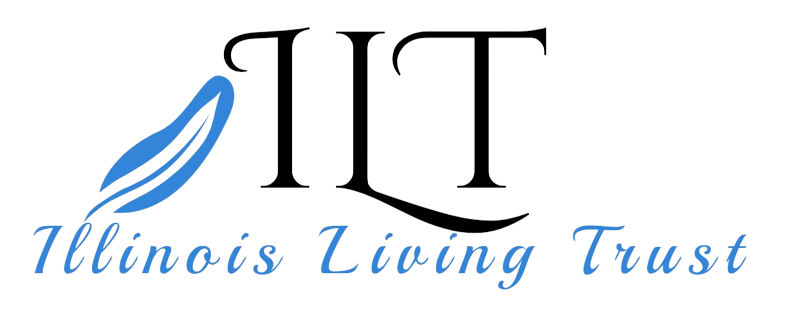
Death can preoccupy us during the COVID-19 crisis. There can be some good in that if we finally take care of our estate plan. Having a current estate plan makes all the difference for our family when the time comes. And when we do what is necessary, we can get on with the business of living.
However, we have all lost someone. And it is always too soon. It is an overwhelming time. What should we do?
Steps to Take After the Death of a Family Member
I regularly receive phone calls days after someone loses a family member or close friend. My advice is always to take a step back and take care of yourself and the people in your life. Spend this time reflecting on the person you love and focusing on your grief, final arrangements, and support. Everything else is less important and handled later. Do not make any hasty decisions, and do your best to remind your family of the priorities.
Other than securing the household, taking care of pets, and locating the wishes of your loved one for services, burial, and a celebration of their life, let the legal work wait.
When the Work Begins
Take a breath and take your time organizing your approach. First, make a list and check it off, one by one.
- If you have been using a Financial Power of Attorney, this document is no longer valid, as it is revoked by operation at law at the death of the principal.
- Is there an estate plan? If there is a Living Trust, the Successor Trustee now assumes full fiduciary responsibility. If there is a Last Will and Testament, it must be filed in the clerk’s office within 30 days of death. The Executor named in the Will is appointed in Probate Court. Appointing the Executor, or even opening a Probate Estate, may not be necessary if there is a Living Trust, depending on how the assets are titled.
- Provide copies of the Living Trust to all beneficiaries. Other than for use when transferring assets, the Living Trust is a private document, only disclosed to beneficiaries.
- Notify Social Security and secure final benefits.
- Order 12 copies of the Death Certificate. Usually, the funeral home will assist.
- Contact a CPA for filing the final tax return.
- Notify all banks and financial institutions.
- Use one account to pay all debts, bills, and taxes, and keep detailed accounting. You will have immediate authority to do so as Successor Trustee, but if there is only a Will or no estate plan, you must first receive Probate Court approval and Letters of Office.
- Inventory and secure all personal property and prepare the real estate for sale. Continue to pay the bills and maintenance of the property.
- Obtain legal advice for any property sales, rental property, or business interests.
- Collect any debts owed to the decedent.
- Pay all creditors before making any distributions to beneficiaries.
- Notify life insurance, pension, union or employers, VA, and any organization that provides death benefits.
- Consult an attorney in the state of residence for local laws on firearm distributions.
One Step at a Time
I know that is a lot to do, and this list isn’t necessarily exhaustive. Just take it day by day, one responsibility at a time. ( If you would like a complimentary detailed list of duties and a format for your accounting, contact my office.)
Most people respond in one of two ways. They either rush to get everything done and are under a great deal of stress, or they put it off for as long as possible. Please don’t do either, or it will make an already difficult time much worse.
If you do not have an updated estate plan, make it much easier on your family and do it today- and consider a Living Trust.
A Revocable Living Trust is a written, legal document that allows you to privately and efficiently pass all of your assets to your family, friends, or charities after your death – outside of Probate Court. (Remember, all Wills are subject to Probate. )
Visit our website for further information and registration online. www.tuohylawoffices.com 312-559-8400
Contact us today for further information or visit Tuohy Law Offices now

LinkedIn
TomTuohy.com
312-559-8400
17W220 22nd Street
Oakbrook Terrace, Illinois, 60181
This blog entry was created for information and planning purposes. Therefore, it is not legal advice. Please do not use this blog as legal advice, which turns on specific facts, as well as laws in specific jurisdictions. No reader of this blog should act or refrain from acting on the basis of any information included in, or accessible through, this blog without seeking the appropriate legal or other professional advice on the particular facts and circumstances at issue from a lawyer licensed in the reader’s state, country or other appropriate licensing jurisdiction



